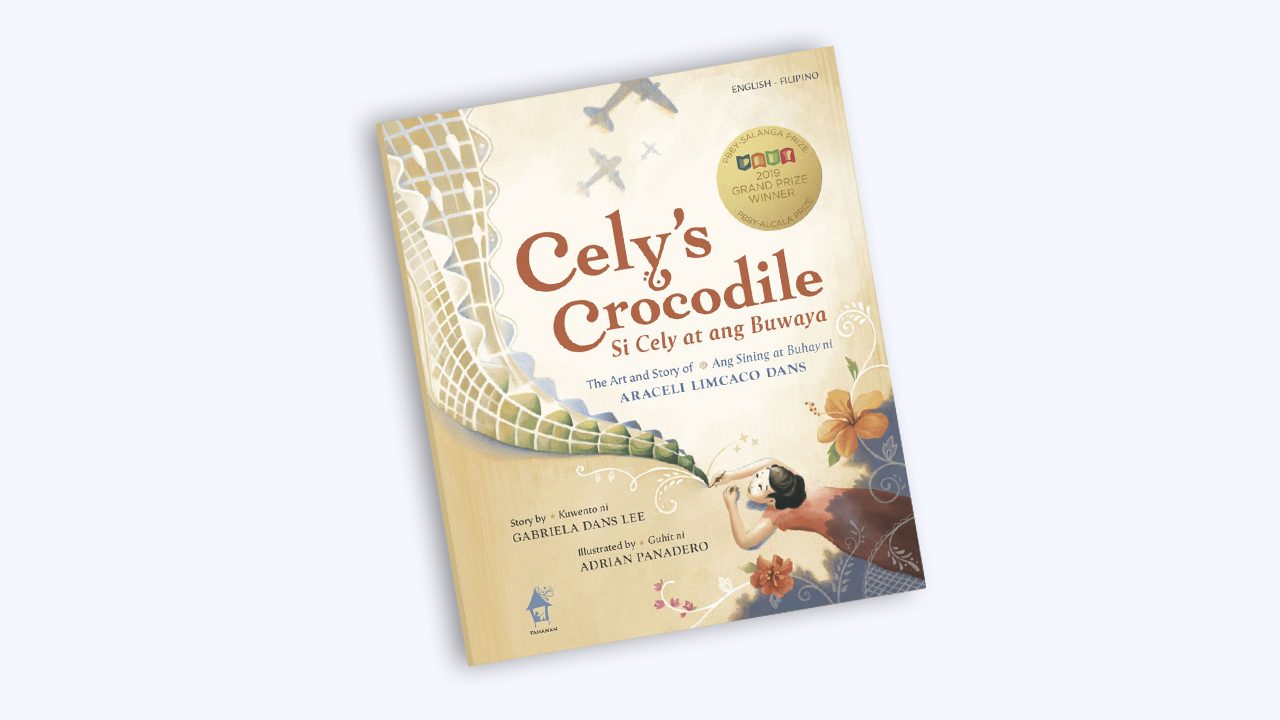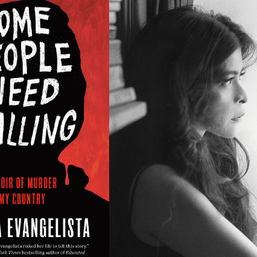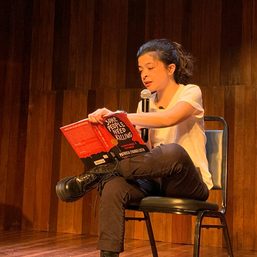SUMMARY
This is AI generated summarization, which may have errors. For context, always refer to the full article.
![[#RapplerReads] Celebrating the freedom to read](https://www.rappler.com/tachyon/2022/06/rappler-reads-independence-day-June-17-2022.jpg)
Editor’s note: #RapplerReads is a project of the BrandRap team. We earn a commission every time you shop through the affiliate links below.
There is a dark chapter in Philippine history when people were not permitted to read certain books. To do so would be to risk harassment or imprisonment. Fast forward to today, when we’re fortunate enough to be able to read books we like – as long as we could find or afford them.
The act of reading itself is a form of freedom, and there isn’t a more meaningful way to celebrate this freedom than by reading stories about inspiring Filipinos who redefine hope and courage.
So we asked avid writers and bookworms – from a self-published author to an online book club founder – to recommend books written by Filipino authors that inspire courage and hope amid these trying times.
Tiempo Muerto by Caroline Hau

Tiempo Muerto (directly translated as “dead time” or the period between planting and harvesting) is the story of two women who are connected through a mother that has gone missing: Lia, the former “alaga”, and Racel, the daughter.
The plot is not central to this novel but is an analysis on the characters of our two protagonists and the Philippine socio-political landscape. In true Hau fashion, it is a commentary on our country’s politics and history, a chronicle on Filipino lives, and finding one’s purpose. Through the pages of this book, it is a reminder that we may grow and branch out to far corners of the world, but our roots will always be planted in the places we call home.
For millennials, Ilonggos, and people who have been tested by distance, bad choices, and time, this will resonate with you.
– Shane Laygan, University of the Philippines Visayas BS Biology student and a perpetually tired bookworm
Smaller and Smaller Circles by F.H. Batacan

I would recommend reading Smaller and Smaller Circles by F.H. Batacan. Even with all the roadblocks the Jesuit priests encountered, both from the police and religious sectors, they pursued the truth with courage and steadfastness. This is a rare treat for readers, especially for those who are seeking justice, because somehow it gives a sense of hope that someone is always out there who seeks the truth.
– Elaine Marifosque, co-founder of Porch Reader Philippines Online Bookstore
Banana Heart Summer by Merlinda Bobis

Set in 1960s Bicol, this coming-of-age novel follows the precocious Nining, whose hunger for food and for her mother’s love leads her to strive for a better future. Bobis’s lush imagery and lyrical prose will make your mouth water and tug at your heartstrings. Fellow female panganays will deeply relate!
Nikki Solinap, co-founder of Page Sniffers Book Club and the bookworm behind @___bookish
Umaalmá, Kumikibô: Essays on Women and Violence edited by Faye Cura

I recommend Umaalmá, Kumikibô: Essays on Women and Violence (Gantala Press, 2018). This was one of the first local, contemporary books I encountered that was put together in the ethos of protest, telling stories of Filipina women who have been at the brunt of violence, conflict, historical revisionism, political repression, and social exclusion. This book is inspiring as much as it saddens and enrages: there are so many Filipinas before us, all around us who greet us with their courage.
– Carissa Pobre, author of Formations (self-published, 2021, available through UWU Books), a book of essays, poems, and journaling prompts that seeks to rekindle agency and art-making in times of crisis
The Philippines Is Not A Small Country by Gideon Lasco

To know more is to love deeper. Curiosity to ask, and courage to seek.
How can one learn to love their land and Filipino identity more? I dare my fellow readers to start with curiosity, as Gideon Lasco did. From his land and sea expeditions, to his narration of first-hand experiences with the diverse cultures and turning events within our country – The Philippines Is Not A Small Country is a masterpiece of essays that really speak and unveil our land’s essence and our people’s identity.
– Ciara Roman, education and mental health advocate, producer and storyteller
Cely’s Crocodile by Gabriela Dans Lee

“Women don’t draw or paint. It will make your hands dirty.”
This is what Cely’s mother told her one day when Cely said she wanted to draw. But she took her old school notebooks and pencils out and kept drawing, until one day, her father enrolled her at Santa Rosa College in Intramuros to take formal art lessons.
When the Japanese invaded the Philippines, however, she had to stop going to her art classes, but it did not stop her from making more art. She was invited by several Huk leaders to create comic strips and stories that tell people that there is still hope and the guerillas are fighting with their lives to stop the Japanese invaders.
This is one of my favorite FIlipino children’s books and I hope more Filipinos read it to get to know Araceli Limcaco Dans, one of the most famous living painters in the Philippines. This book teaches us how art can be used to empower people and everyone, especially women, can paint, too.
How about you? What book gives you hope and courage these days? – Rappler.com
Tag us on social media with your latest book hauls, reviews, and recommendations using the hashtag #RapplerReads!
Add a comment
How does this make you feel?

![[OPINION] Where are the community libraries 30 years after we passed the law?](https://www.rappler.com/tachyon/2024/06/tl-barangay-public-libraries.jpg?resize=257%2C257&crop=195px%2C0px%2C720px%2C720px)






![[Rappler’s Best] Patricia Evangelista](https://www.rappler.com/tachyon/2024/04/unnamed-9-1.jpg?resize=257%2C257&crop=486px%2C0px%2C1333px%2C1333px)

There are no comments yet. Add your comment to start the conversation.